Bruce Lee is one of those iconic figures who transcends his celebrity by taking the initiative to reshape how Asians are represented on screen. Bao Nguyen‘s Be Water is more than just a run-of-the-mill documentary that focuses on a four-year portion of Lee’s life and career. It chronicles the impact he had in Hollywood and the struggles he had to endure to tear down stereotypes that held many people of color back and the fight for equality for minorities within the entertainment industry. All the while finding his identity at the height of the Civil Rights movement and the Vietnam War.
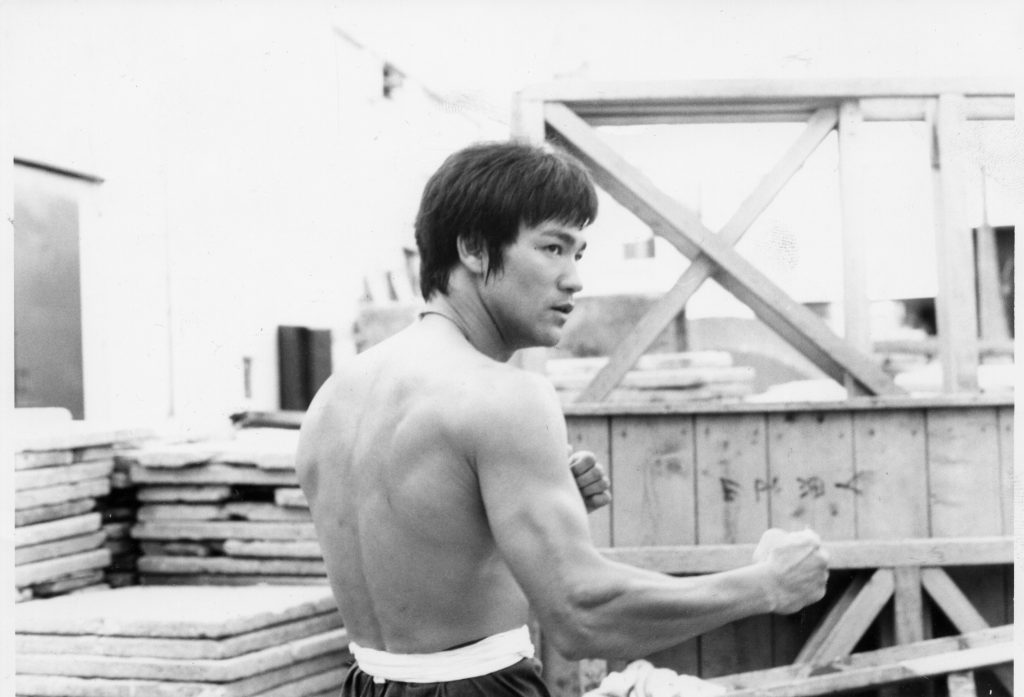
Perhaps that is why Be Water is far more captivating than any traditional bio-documentary but doesn’t quite reach its full potential. Though it does play by the rules of documenting key events, it also covers the significant impact that Lee had on the industry and outside of it. The examinations Lee had on his surroundings showed that he instinctively knew that if he was ever going to break any barriers, he would change the perceptions of the Cacausaion majority had on Asians.
The archival footage of Lee’s interviews, along with interviews from his wife, Linda Lee Cadwell; daughter, Shannon Lee; culture writer Jeff Chang; and friends, detail Lee’s experience in the entertainment industry. It was a reminder of the racial atrocities, from pay inequity to the limitations of roles, that occurred on set for minorities. Soon Be Water reveals how the majority viewed Asians as nothing more than compliant, assimilating, never making a fuss about discrimination, poverty, or exclusion. Always ones to put their heads down, work hard, follow rules white society lays down for them. Hearing how those stereotypes are reinforced and seeing how demeaning it was, Bruce did not want that.
However, the footage and interviews revealed the hope for change that Lee wanted for minorities, especially Asians, who were actors. In essence, everything shown through the footage, interviews, and eloquent philosophical writings is a deep and profound reverence of the man who was so much more than an iconic martial artist.
We see Lee’s presence, which was commanding but also alluring. He was the kind of person who could back up what he said but also was very humble. Footage of him being loving to his family provided a softer look at the man who can break a board in two with ease.
At the same time, Be Water is something that may be better suited for those who may not be familiar with Lee. Most of his fans of us already know key aspects of the story. While rehashing of events is inevitable for any bio-doc, the doc comes off one-sided considering that it glosses over some of the larger controversies were surrounding its subject. That said, the doc acknowledges that Lee was never going to get the respect he deserved.
Also, Lee’s impact on the martial arts community is a footnote. Jeet Kune Do, his creation, hardly gets any attention in the bio-docs relatively short runtime. Honestly, though, Be Water isn’t trying to be that comprehensive documentary. It is a documentary that is a recount the social change that Lee wanted.
Lee had to fight for more dialogue and an active role on the short-lived Green Hornet because he did not want to be a simple mute who drove the titular character. His plans for a Kung Fu would have had an Asian man in a leading role on broadcast television was ambitious, but it fell through, and ultimately went to David Carradine, who played a Shaolin monk in the Old West. And it was a show that got the disrespect it deserved as noted by basketball legend Karem Abdul Jabbar’s inability to remember Carradine’s name.
It was then when Lee was a reduced number of roles, whether that meant playing background characters, being someone stunt double, or as a fight coordinator. Lee had already proven he was a capable actor who deserved the leading roles. However, prejudices and systemic racism that flourished prevented him from achieving what was so much more than a dream.
So, he took the time to evolve by evolving his fighting. Adapting several different moves from a variety of sports like boxing from Muhammad Ali, and basketball legend Jabbar. He even incorporated dancing into Jeet Kune Do. However, he refrained from ever using the word style because of its limitations. “I personally do not believe in ‘style.’ Because of ‘styles,’ people are separated. They are not united together because styles became law,” Lee said in an interview.
In his defeat, Lee found a renaissance when he returned to Hong Kong, where he made four films in two years. Though they were highly successful, he still found himself as a foreigner. Often, he would question if his Hong Kong friends were genuinely his friends and not by his side to for roles or to leech off his success. And he was rejected because he was a mid-pacific man who was taught by Westerners. Because of that, he lived in two sets of worlds. Not in a sense that was an Asian-American living in Hong Kong, but one where he was stigmatized and hated, but also worshipped and respected at the same time.
Even if Be Water can’t find that true balance of what it wants to be, it accomplishes its goal to remind us of how the struggles that Lee went through back then are still relevant today. It may play it safe in some areas, but it does far more than any previous bio-documentary, while reminding us what makes Bruce Lee so legendary.
Be Water is a part of ESPN’s 30-For-30 series, and will debut exclusively on ESPN at 6 p.m. Sunday, June 7, 2020.
Photos courtesy of ESPN.

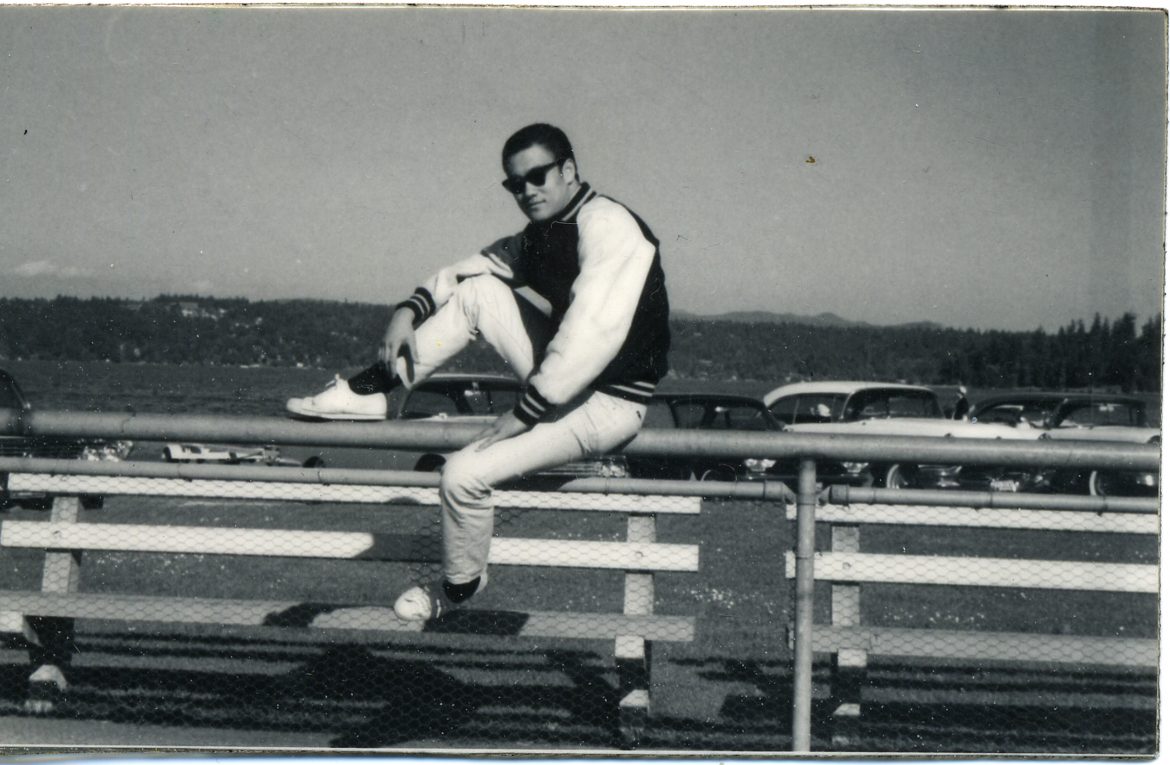
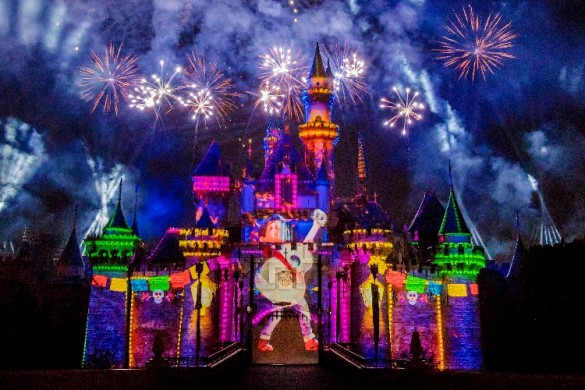
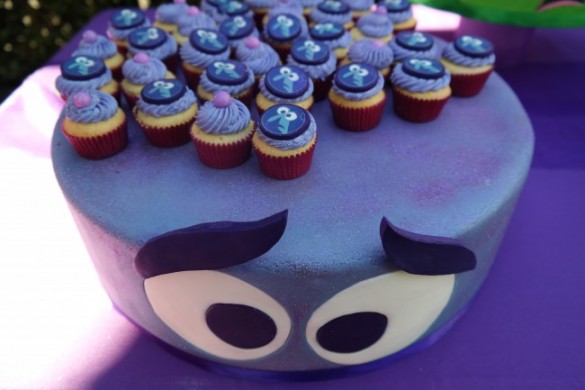
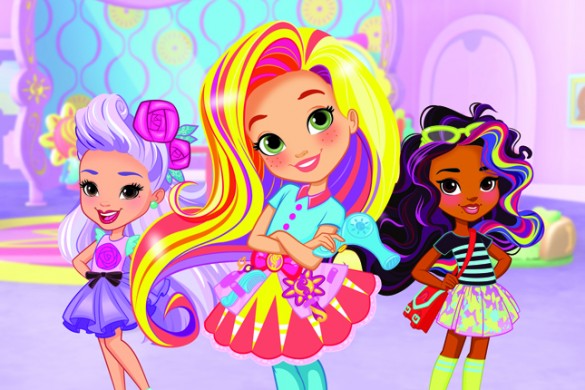

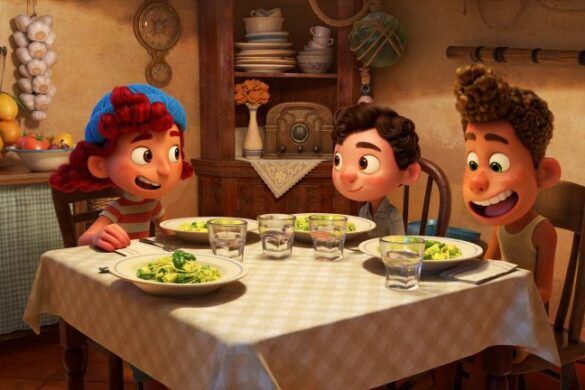



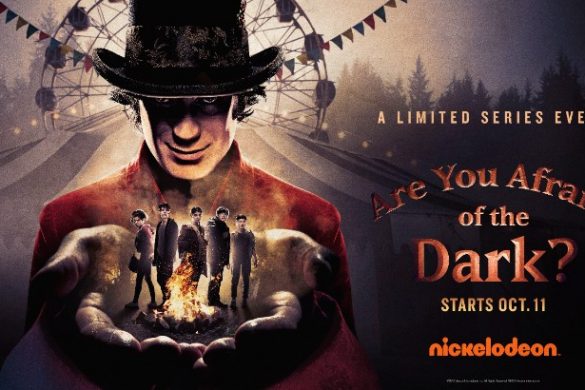

1 comment
bruce lee my heroe !!
lionel